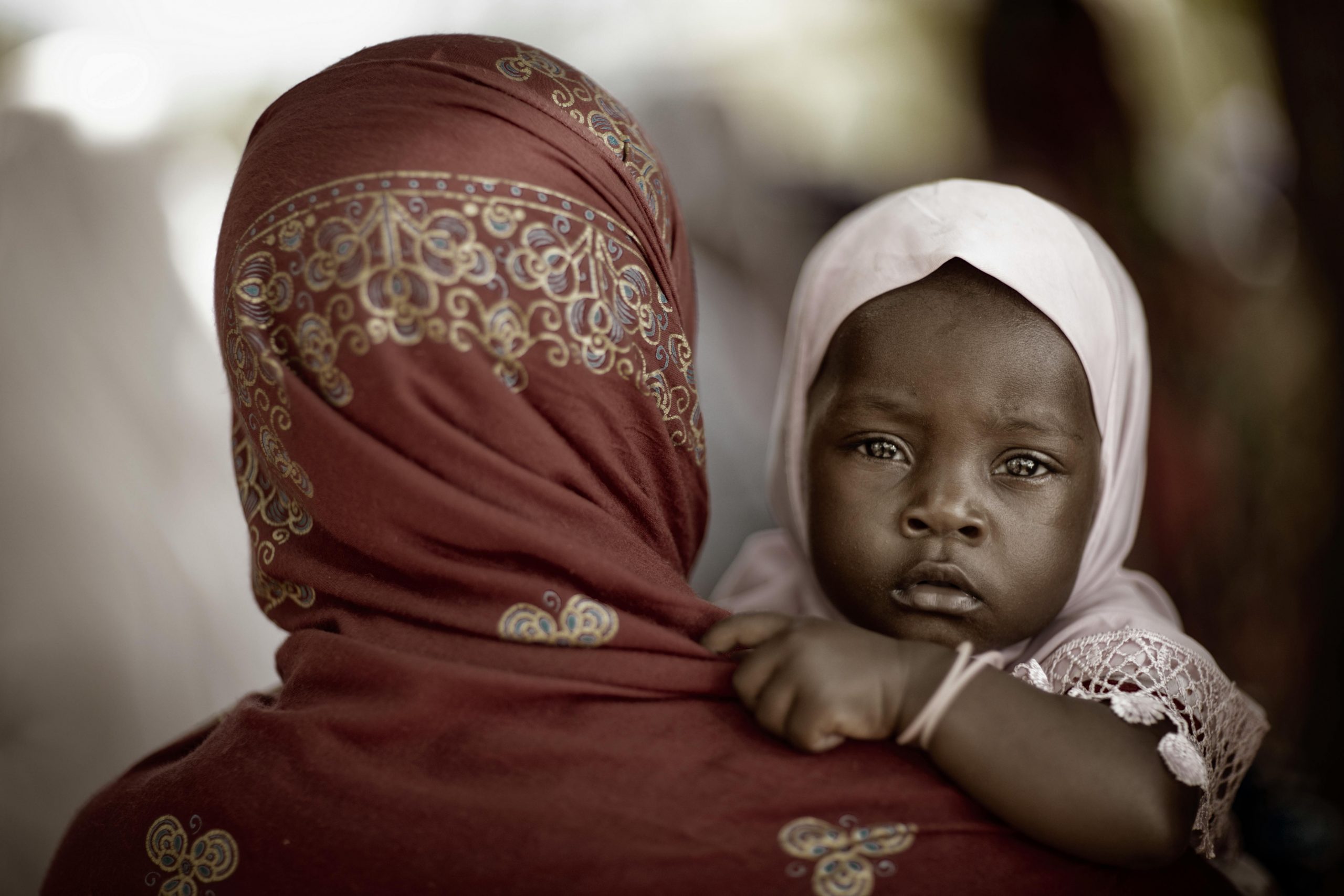By Shem Oluchiri.
On International Widows’ Day, we are reminded of the painful reality that millions of widows across the world continue to live in the shadows of silence, stigma, and systemic neglect. Despite numbering over 258 million globally, widows are often treated as invisible stripped of dignity, denied their inheritance, and subjected to harmful cultural practices. Yet, both the Bible and the Qur’an offer unequivocal instruction on the dignity, protection, and justice owed to widows. The moral and spiritual mandate is clear: Faith leaders must take action.
The Sacred Duty in Scripture
In the Bible, God’s concern for widows is embedded deep in His covenant with His people. Time and again, Scripture outlines the sacred obligation to defend widows, placing their care at the heart of righteousness and justice.
“Do not take advantage of the widow or the fatherless. If you do and they cry out to me, I will certainly hear their cry.”
— Exodus 22:22-23 (NIV)
“The Lord watches over the foreigner and sustains the fatherless and the widow, but he frustrates the ways of the wicked.”
— Psalm 146:9 (NIV)
“Religion that God our Father accepts as pure and faultless is this: to look after orphans and widows in their distress…”
— James 1:27 (NIV)
These verses are not suggestions they are divine imperatives. To neglect a widow is to violate the core of our spiritual duty. Indeed, a society that mistreats widows is, by biblical standards, an unjust society.
In the Qur’an, Allah too commands believers to show compassion and justice to widows and orphans, linking care for them with piety and moral uprightness.
“And they give food, out of love for Him, to the poor and the orphan and the captive.”
— Qur’an 76:8
“Give the orphans their wealth when they reach maturity and do not exchange your bad things for their good ones, and devour not their wealth by mixing it up with your own. Surely, this is a great sin.”
— Qur’an 4:2
“Indeed, those who devour the property of orphans unjustly are only consuming into their bellies fire. And they will be burned in a Blaze.”
— Qur’an 4:10
These teachings not only place widows (often grouped with orphans due to their mutual vulnerability) under divine protection, but they also warn against the social and spiritual consequences of their exploitation.
A Faith Imperative, Not Just a Social Issue
Widows are often denied land and inheritance rights after the death of a husband. Many are evicted from their homes, excluded from family property, and left without any means of economic support. In patriarchal societies, the death of a spouse often pushes women into deeper poverty and isolation especially in conflict and post-conflict settings. These injustices are not just failures of legal systems or cultural norms; they are a spiritual failure as well.
Faith leaders are uniquely positioned to shift this narrative. In many communities, they hold the moral authority to challenge discriminatory customs, to teach scripture’s clear call to justice, and to influence both policy and social attitudes.
What Must Be Done
Faith leaders can and must:
- Raise awareness within congregations and communities about the rights and dignity of widows.
- Publicly condemn harmful traditional practices that disinherit or stigmatize widows.
- Support widows’ access to legal justice by advocating for reforms and challenging discriminatory customary laws.
- Facilitate safe spaces for widows to share their stories and claim their place in society.
- Model inclusive leadership by involving widows in faith-based community projects, reconciliation efforts, and governance structures.
Furthermore, governments and institutions must uphold international frameworks like CEDAW (Convention on the Elimination of All Forms of Discrimination Against Women) and work to ensure widows are protected under national laws but laws alone are not enough without moral conviction and societal will.
Lead with Compassion and Justice
In both the Qur’an and the Bible, the call is resounding: Do not abandon the widow. To care for widows is to walk in obedience, to act justly, and to love mercy. This International Widows’ Day, let us not simply acknowledge their pain — let us uplift their rights, amplify their voices, and fulfill our sacred mandate.
Faith leaders are not only shepherds of the spirit, but they are also protectors of the vulnerable. Let us lead boldly, scripturally, and compassionately.



